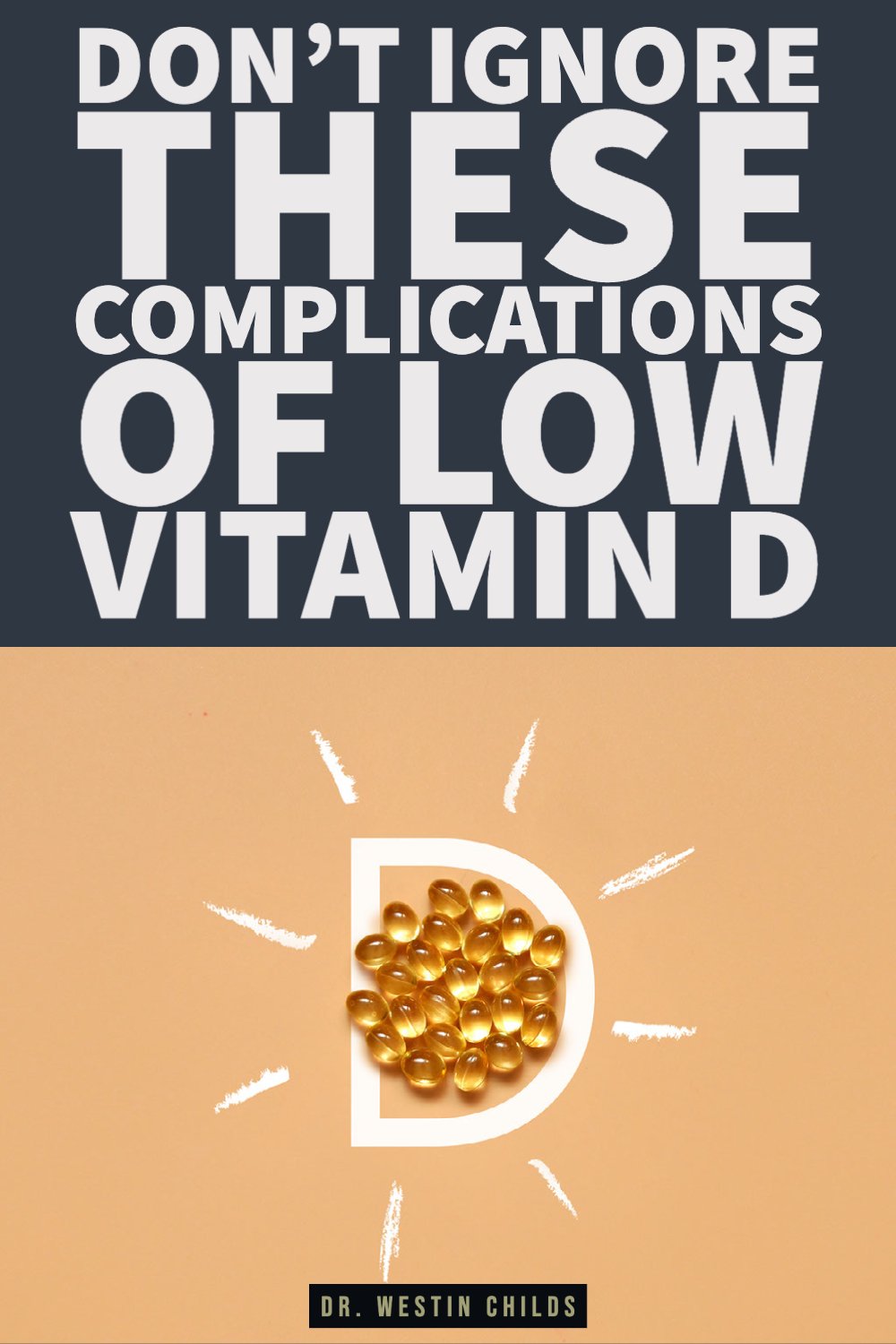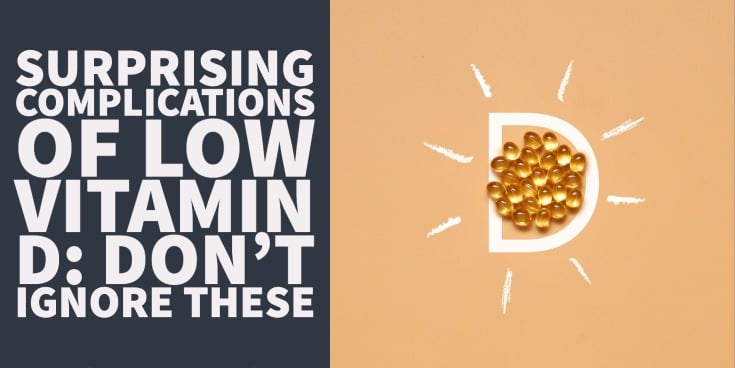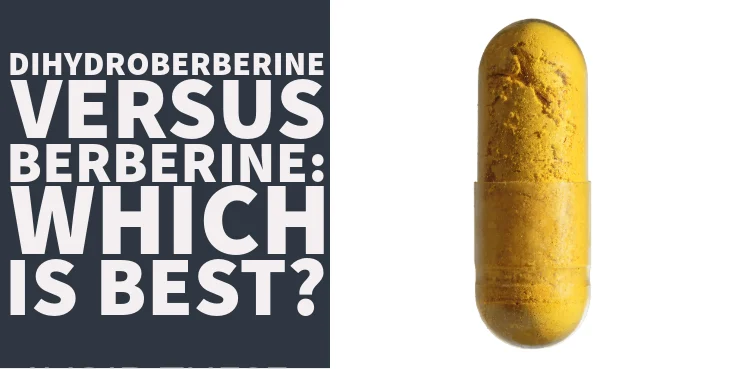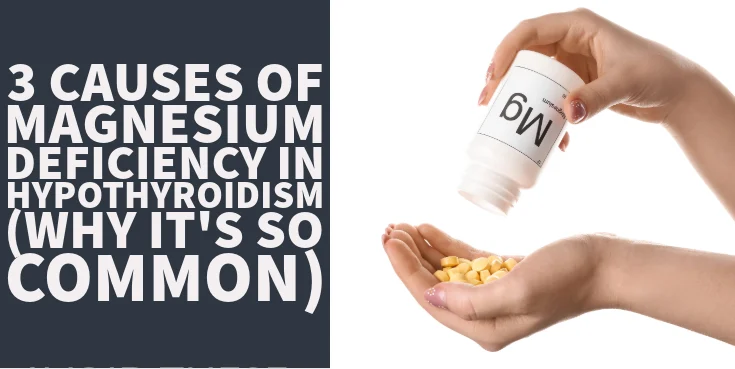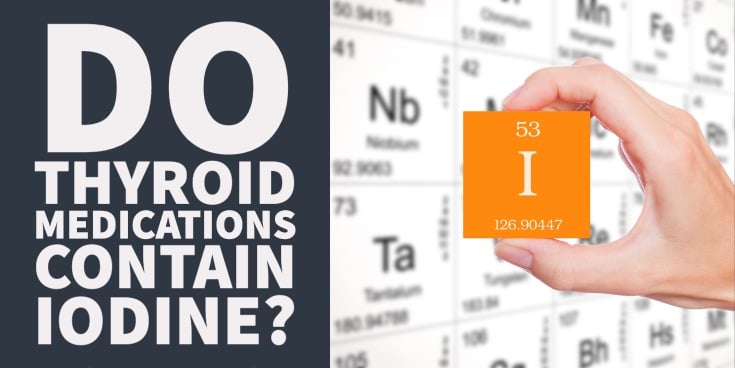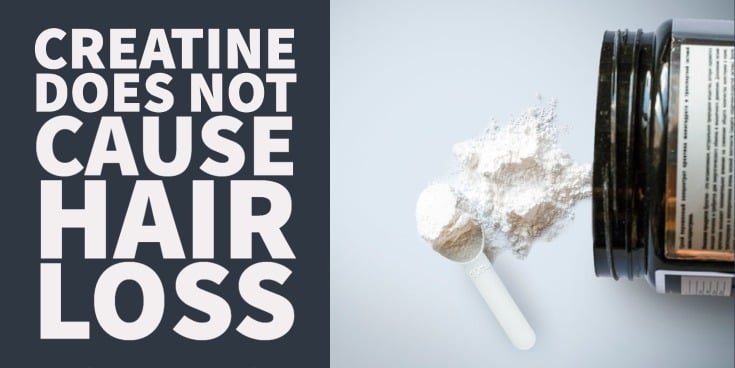Up to 1 billion people around the world don’t get enough vitamin D and there’s a very good chance that you are one of them.
Even though we call vitamin D a vitamin, it’s probably better to think about it as a hormone or a prohormone instead.
This is because vitamin D has a structure that’s more similar to a steroid or sex hormone than a vitamin.
And very similar to other hormones in your body, it plays a key role in regulating multiple organs and systems.
Another reason to think about vitamin D as a hormone is that it should help you understand why you need it so badly.
By now, you’re probably very accustomed to hearing about vitamin D, but how many of you are actually taking your vitamin D level seriously?
How many of you are exposing 40% of your body to sunlight every day for 20 minutes?
How many of you have had your vitamin D level tested in the last 6 months?
How many of you are taking a vitamin D3 supplement?
Not enough of you, that’s for sure, which is why I want to spend some time discussing why you should start caring more about it.
The symptoms of vitamin D deficiency can be hard to wrap your head around because they are generally non-specific.
In addition to being vague, having the symptoms doesn’t guarantee you have the deficiency.
And that’s because the symptoms have a lot of overlap with other diseases and medical conditions.
I’m going to tell you what these common symptoms are in just a second, but instead of focusing on them,
I want to spend more time on the unusual and more serious consequences associated with vitamin D deficiency.
You’ll understand what I mean in a minute.
But back to the more common symptoms, they include things like:
- Frequent illness or getting sick all of the time
- Fatigue or low energy
- Bone loss
- Muscle pain
- Skin issues
- Depression
Now, while these symptoms are certainly not ideal in terms of their impact on your life, they may not be enough to get you to take your vitamin D level seriously.
But if they aren’t enough, I think these conditions will be:
#1. Vitamin D deficiency increases your risk of developing autoimmune diseases of all types.
Put simply:
If your vitamin D level isn’t high enough, you are putting yourself at risk for autodestruction of your own organs and tissues.
This is what autoimmune disease is.
Your body misidentifies your own tissues as an enemy and attempts to kill them over time, just like it would a virus or bacteria.
Autoimmune disease can lead to serious consequences and symptoms that will impact your quality of life.
There’s evidence linking vitamin D deficiency to autoimmune diseases like
MS, rheumatoid arthritis, diabetes, inflammatory bowel disease, and lupus (1).
This is also why, by the way, patients with existing autoimmune diseases often take high doses of vitamin D to support their immune systems.
But in your case, it makes a whole lot more sense to take vitamin D now to prevent this problem from occurring as opposed to taking vitamin D as a treatment later on.
#2. Vitamin D deficiency increases your risk of developing Hair Loss of all types.
If there’s one symptom that people take VERY seriously, it’s hair loss and I understand why.
Hair loss can have a significant impact on your quality of life and your self-confidence.
So if maintaining your hairline is important to you, then your vitamin D status should be as well.
We know from studies that vitamin D deficiency has been linked to 3 different types of hair loss including (2):
- Telogen effluvium – This is the type of hair loss that occurs over your entire body and results in excessive hair shedding usually due to stress. It could be that low vitamin D sets your body up to be less resilient to stressors which means you are more likely to experience hair loss than the average person.
- The second is alopecia areata. This is a form of hair loss that is autoimmune-mediated. This is probably the most difficult type of hair loss to treat and the type of hair loss you want to try and prevent.
- The third is a special type of hair loss called androgenetic alopecia or male-patterned baldness. This type of hair loss can occur in both men and women and we know that
I wouldn’t consider vitamin D a true hair growth supplement but more of a preventative type of therapy.
Maintaining your vitamin D level protects you from hair loss as opposed to treating hair loss.
#3. Deficiency means you are more likely to be overweight.
Believe it or not, there appears to be a connection between your vitamin D level and being overweight.
There’s no question that people who are overweight have a hard time managing their vitamin D levels and require much higher levels of vitamin D.
This is because vitamin D is a fat-soluble vitamin/hormone, along with A, D, and K, so if you have extra fat in your body, there are more places to store it.
As a result, you’ll need a higher dose of vitamin D to account for this increase in fat mass.
What’s not so clear, though, is whether or not vitamin D deficiency CAUSES weight gain directly or if the relationship is just in one direction.
In other words, is it just that being overweight makes managing your vitamin D level more difficult, or does vitamin D deficiency lead to weight gain?
This is still being established but we do know from at least two large studies that people who have a low vitamin D level tend to gain MORE weight compared to those with a normal level (3).
When you think about just how important vitamin D is for the regulation of your tissues and organs, there’s definitely a possibility that these two things are directly connected.
But even if they aren’t, managing your vitamin D level is easy and should not be ignored.
#4. Vitamin D deficiency increases your risk of developing certain types of Cancers.
Unlike the connection between obesity and vitamin D deficiency, the connection between cancer risk and vitamin D deficiency is much more fleshed out.
Low vitamin D levels are associated with a higher risk of breast cancer in women and prostate cancer in men and this is really just the beginning.
One study highlights this perfectly (4):
“The high prevalence of vitamin D deficiency, combined with the discovery of increased risks of certain types of cancer in those who are deficient, suggest that vitamin D deficiency may account for several thousand premature deaths from colon, breast, ovarian, and prostate cancer annually”.
This suggests that vitamin D deficiency is a super simple, cost-effective way to mitigate your own personal cancer risk.
So if cancer risk is something that concerns you, and it should, then optimizing your vitamin D should be a priority.
You can opt to take the free route by going out in the sun each day or by taking the slightly more expensive route and getting your vitamin D from a supplement.
For those who like the more scientific explanation of how vitamin D prevents cancer, it works by:
- Blocking tumor blood vessel growth (known as angiogenesis)
- By enhancing the communication between healthy cells
- By limiting the proliferation of cancer cells
- And by maintaining healthy calcium levels in certain cells
#5. Vitamin D deficiency is associated with both type I and type II diabetes.
This is because vitamin D plays a role in regulating insulin secretion from the pancreas, which means low levels increase your risk of insulin resistance (5).
And because vitamin D deficiency results in inflammation and higher inflammatory markers.
This sets the stage for developing type I diabetes which is autoimmune-mediated.
As well as type II diabetes which is more inflammatory-based.
Diabetes and insulin resistance not only increase your risk of death from multiple causes, but it also results in a significant decrease in quality of life.
Current estimates suggest that up to 40% of adults have issues with insulin resistance making this a massive problem.
Taking vitamin D is not going to reverse your diabetes, but when combined with a healthy diet, carbohydrate reduction, fasting, and exercise, it’s definitely going to help.
There’s even some evidence to suggest that taking vitamin D can help normalize blood sugar levels in type I diabetes which suggests there is definitely a direct relationship between blood sugar and vitamin D.
And #6. Vitamin D deficiency increases your risk of developing Pain syndromes.
One of the primary symptoms of vitamin D deficiency is muscle weakness and muscle pain as I mentioned previously.
Part of this connection has to do with the processing of pain in the brain (6).
When vitamin D levels are low, you are much more likely to experience an augmented sense of pain.
You can think about it like this:
Imagine stubbing your toe when you have a headache.
Now imagine stubbing your toe after you just found $1,000 on the street.
Both result in the same amount of pain, but you will perceive the pain differently in both scenarios.
Being low on vitamin D is like stubbing your toe with a migraine, it just makes it feel a lot worse.
The pain is the same, but your perception of it is different.
The bottom line is that there are some very serious consequences associated with low vitamin D status, enough that you should take it very seriously.
Repleting Vitamin D Levels The Right Way
The good news is that it’s hard to replace your vitamin D.
In a perfect world, you would get your vitamin D directly from the sun, but if that’s not possible, you can always take a vitamin D3 supplement.
Taking 2,000 to 5,000 IUs of vitamin D3 each day should be enough to take you out of a deficiency and reduce your risk of all of the things we’ve discussed here today.
If you are going to take a vitamin D supplement make sure you are taking vitamin D3 (not D2).
It’s also a really good idea to combine your vitamin D with both vitamin A and vitamin K2.
The combination of vitamins A and D work synergistically together to prevent toxicity and vitamin K2 helps with the correct processing of calcium.
Vitamin K2 helps prevent calcium and plaque buildup in the arteries which improves heart health (7).
Finally, you will also want to consider taking magnesium along with vitamins A, D, and K2.
Magnesium helps your body activate and utilize vitamin D when it gets absorbed.
If you want to learn more about how I recommend increasing vitamin D rapidly then check out this article next.
Now I want to hear from you:
Were you aware of the importance of vitamin D?
Are you currently taking a vitamin D supplement?
If not, are you planning on increasing your vitamin D level after reading this?
Are you planning on getting your vitamin D level checked? Or have you checked it recently?
Leave your questions or comments below!
Scientific References
#1. ncbi.nlm.nih.gov/pmc/articles/PMC3166406/
#2. ncbi.nlm.nih.gov/pmc/articles/PMC8759975/
#3. ncbi.nlm.nih.gov/pmc/articles/PMC6780345/
#4. ncbi.nlm.nih.gov/pmc/articles/PMC1470481/
#5. ncbi.nlm.nih.gov/pmc/articles/PMC9671203/
#6. ncbi.nlm.nih.gov/pmc/articles/PMC4470966/
#7. ncbi.nlm.nih.gov/pmc/articles/PMC7238900/
